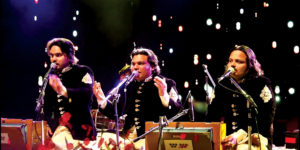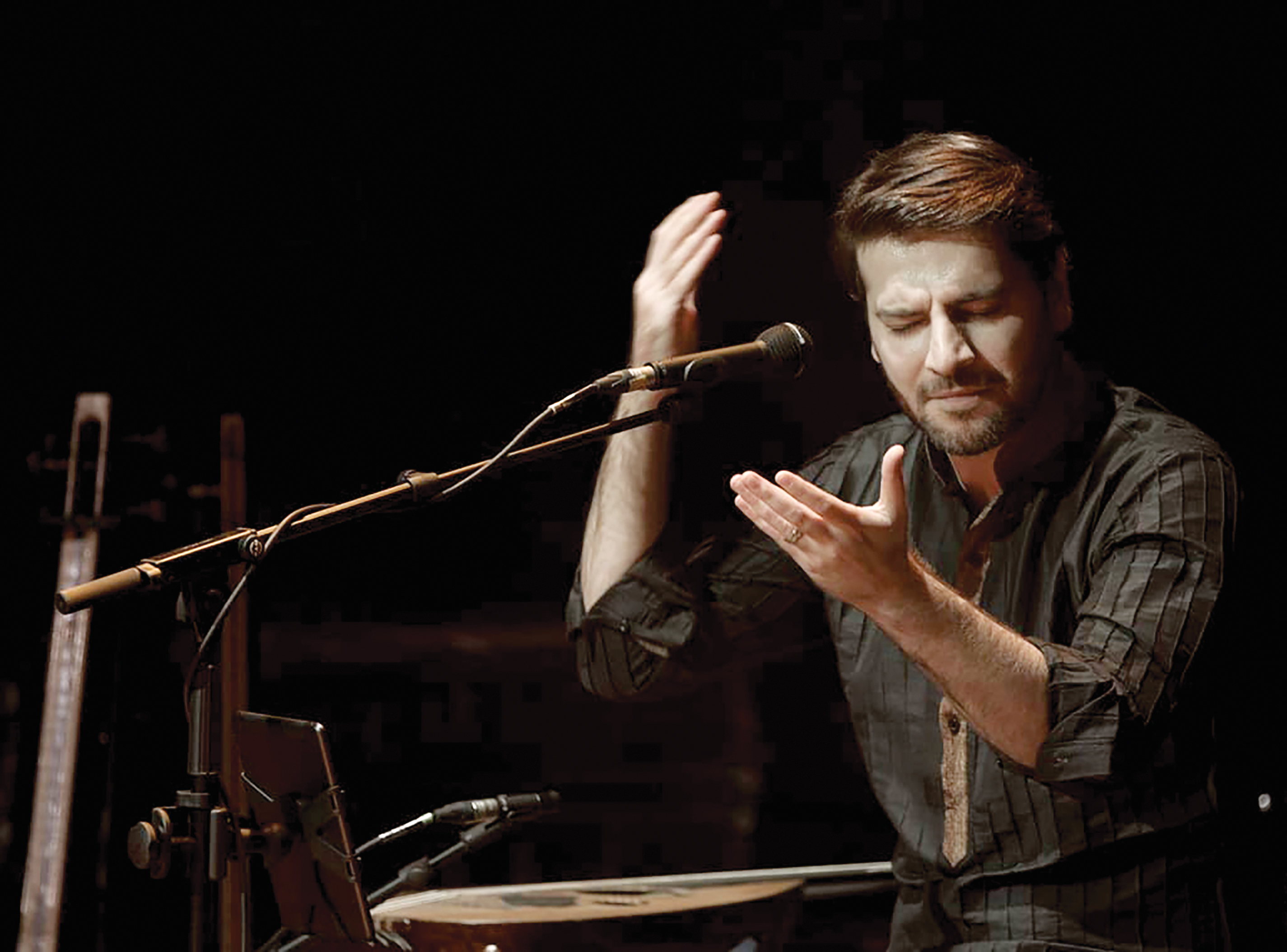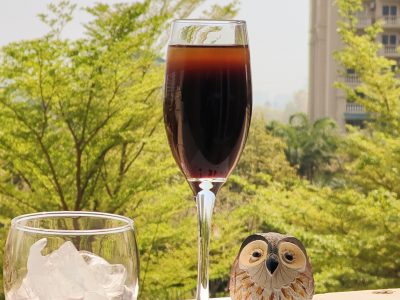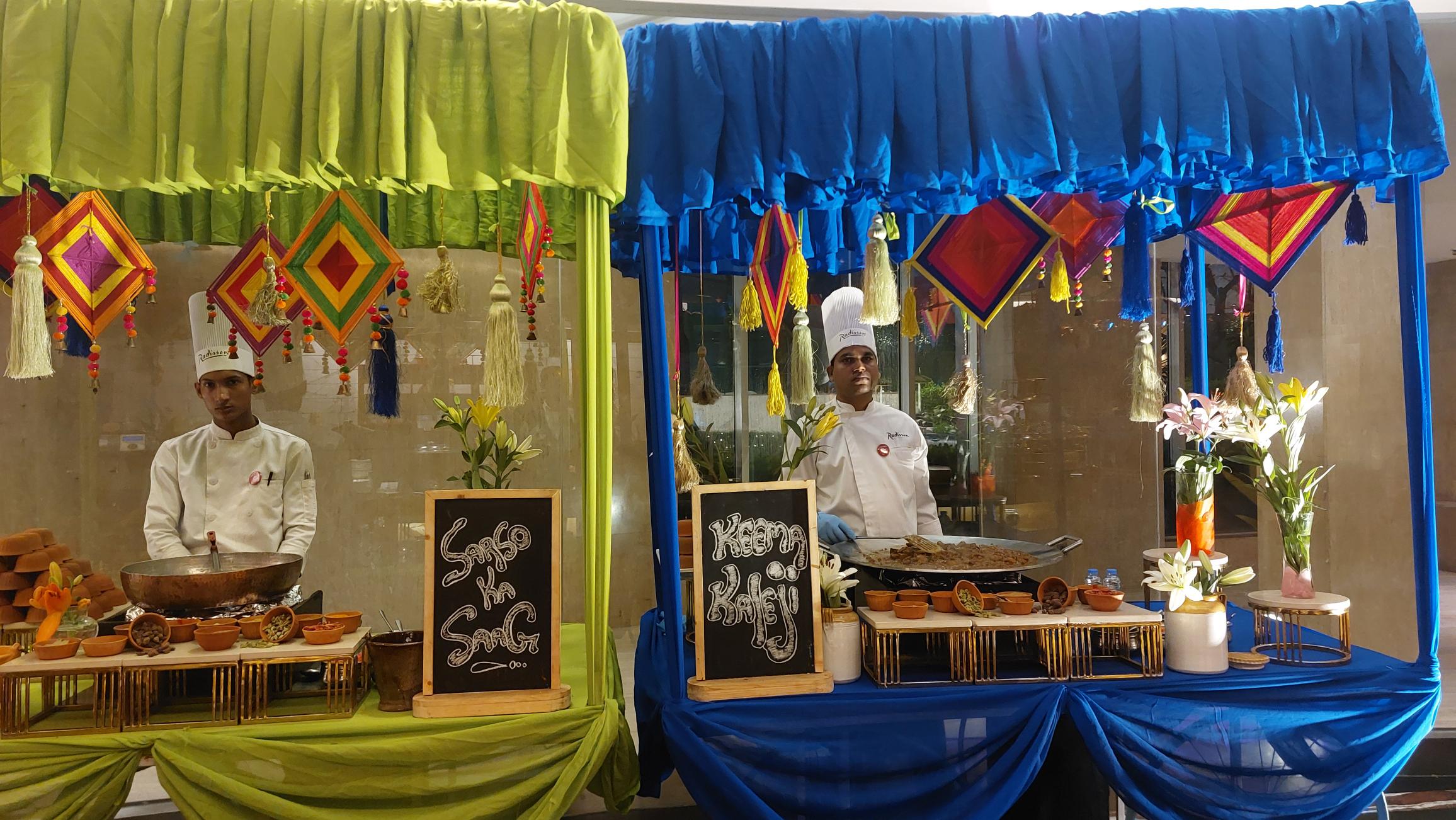With Delhi playing host to two Sufi performances later this month, it’s a good time to look at a music genre that has a strong spiritual message and appeals to a wide audience
“It is the message, not the man, that is important to the Sufis” ~ Idries Shah
A few centuries ago, Delhi used to be referred to as the Little Mecca — so rich was the Sufi culture in rthe city. With the next few weeks of the new year studded with notable Sufi performances by big names like AR Rahman, Samy Yusuf and the Niazi Nizami Brothers, let’s take a look at how the Sufi culture in Delhi has manifested itself.
While the Sufi presence has always been palpable in the city, the interest, and the understanding of the music genre has silently dissipated. Now only a few dargahs actively holds qawwali or Sufi prayer sessions regularly. Those with Sufism in their blood, however, have been determined flag-bearers of the culture through generations.
The Niazi Nizami Brothers (Haider, Hasan and Imran Nizami), have been performing at Hazrat Nizamuddin Auliya Dargah for decades. Taking the lead from their forefathers, they continue to sing at the Dargah, while also doing commercial performances at events and festivals for a wider audience.
Imran Nizami spoke with Patriot about the Sufi lifestyle and how they collectively keep the Sufi culture alive in the capital city. He spoke about his family’s passion for music for 750 years — and how it never occurred to him and his brothers to dilute this tradition. They believe that they have been blessed by their forefathers with a talent for Sufi music and are determined to utilise that gift to the fullest.

At the core of Sufism is “Mehboobi Ilahi,” the love of the Almighty. Nizami sees a significant difference in the audiences they perform for when in the Dargah and when on a stage. “At Hazrat Nizamuddin Auliya we are praying and chanting. It is less for entertainment and more for making a connection with Allah. At an event, we might perform the more popular numbers like ‘Rashke Qamar’ or ‘Duma Dum Mast Kalandar’. We will perform qawwali with clapping to engage the audience.”
When leading prayer or reciting kalam in a Dargah, however, he says, “Dargah mein ek halka suroor hota hai,” (there is a trance-like quality to the music we perform in the dargah). He goes on to say how freeing and peaceful Sufism is “Ek aisi cheez jo kisi ko baandhke nahi rakhti,” (Something that doesn’t tie you down.) “It’s like always thinking about your best friend, when thinking about God,” he muses.
Imran Nizami is aware that the Sufi culture in Delhi is not as rich as it used to be. And that is because people do not understand ‘sufiyana qawwali” as it is not as entertaining to the common masses. He also says that experiencing the real essence of the Dargah, and performing at public events have very different and unique charms. “Delhiites are great listeners. And they are very encouraging and appreciative of the art form, so it is always a joy to perform. The only difference is that the performances and songs will vary.”
The Nizami Brothers are performing in Gurugram on the 25th of January, and preparations are on in full swing even while juggling other shows. Imran admits his excitement for their recent foray into Sufi fusion with EDM, which they are producing with a friend.
The Sufi Route, India’s most popular global Sufi festival is returning to India with its soulful tunes for the second time in early February. Headlining this showcase will be AR Rahman and Samy Yusuf, a British singer-songwriter of Azerbaijani origin. The latter is famous not only for his enchanting performances all over the world, but also for the hauntingly beautiful track he created for the film The Kite Runner, called ‘Supplication’.
According to him, “Sufism is about seeing the truth and beauty at the essence of all things. Sufi music, while highly entertaining, communicates the complex layers of meaning found in Sufism directly to the souls of its listeners. India’s remarkable spiritual legacy has always been a fountain of wisdom for the rest of the world. Now with divisions on the rise, the universality and tolerance of Sufism can help us transcend surface differences and reach a place of harmony,” he says of performing for the first time in India. Besides these maestros, Satinder Sartaaj, the Nooran Sisters, and Dhruv Sangari will also be performing at this star-studded event.
While admittedly the strains of Sufi culture are no longer thriving in Delhi, they are far from invisible. With a few cafes and bars that host Sufi nights and handful of dargahs that hold Sufi rituals on a regular basis, the audience is often left wanting or not aware enough of Sufism as a lifestyle. However, the Delhi population is nothing if not accepting of artists and encouraging of dying art forms, and Sufi music, championed by such experienced artists, will also find its place in this dynamic and bustling cultural milieu.





